PRESIDENT
Dedmer B. Van de Waal (Netherlands)
Dedmer Van de Waal is senior scientist at the department of Aquatic Ecology of the Netherlands Institute of Ecology (NIOO-KNAW), where he has been acting Head of Department (2019-2021), and is professor in Aquatic Functional Ecology at the University of Amsterdam. In his work, he aims to reveal the cellular processes that underlie phytoplankton population and community dynamics. To that end, he applies and develops functional ecological scaling approaches. He received the 2016 ISSHA Patrick Gentien Young Scientist Award, the 2020 ASLO Yentsch-Schindler Early Career Award, and is recipient of an ERC Consolidator Grant (2021). He has been Vice President of the ISSHA (2021-2023), and is chair of the Dutch National Cyanobacterial Platform, a working group that links scientists and stakeholders in water management.
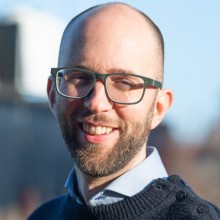
VICE PRESIDENTS
Po Teen Lim (Malaysia)
Po Teen Lim received his PhD from Kitasato University and is currently serving as an associate professor at the Institute of Ocean and Earth Sciences, University of Malaya. He moved to UM to lead the newly established Bachok Marine Research Station in 2014 and continues to play leading roles in HAB research in the country. His research over the past two decades has led to the discovery of many novel harmful algae species (Pseudo-nitzschia, Alexandrium, Chattonella, Prorocentrum) and many new records of HAB species from Malaysian water. His research also clarified the underlying mechanisms of HAB events in the country, including the highly toxic Alexandrium minutum and benthic harmful algal species that caused human poisoning. He is also playing active roles in HAB-related international networking and society. He was elected ISSHA council member in 2016 before being elected vice president of ISSHA in 2018. He also plays an active role in regional and global programs. He is an associate editor of the Journal - Harmful Algae. He is currently a fellow of the Marine Biological Association (FMBA) and the Royal Society of Biological Science (FRSB).
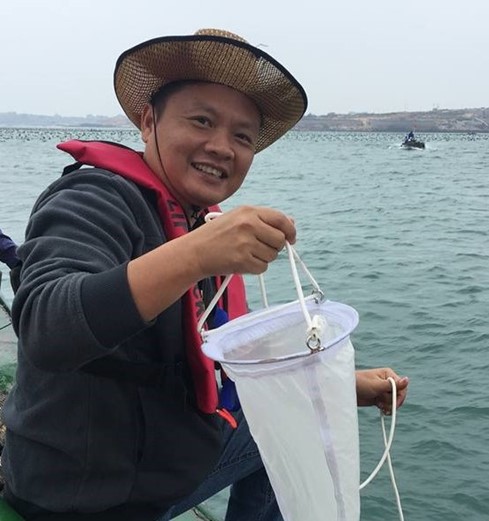
Lorena María Durán Riveroll (Mexico)
Lorena M. Durán-Riveroll is a Mexican researcher initially employed by the Young Researchers CONAHCYT Program, at CICESE in Ensenada, Baja California, México. She obtained her BSE in Biochemical Engineering; a few years later, a BA in Literature, and then returned to science with an MSc. and PhD. in Marine Science at the National Polytechnic Institute Interdisciplinary Center for Marine Science (CICIMAR). She graduated Summa cum laude in both levels. In 2014 her work was recognized with the Lázaro Cárdenas National Award to the best doctoral student in Medical – Biological Sciences of the National Polytechnic Institute. Her research is focused on the chemical ecology of microalgae and curates the dinoflagellate and cyanobacteria culture collection at the Marine Biotechnology Department at CICESE. She has been acknowledged as a member of the National Researcher System since 2018. Currently, she the President of the Mexican Society for the Study of Harmful Algal Blooms (SOMEFAN), and has been an ISSHA member since 2014.
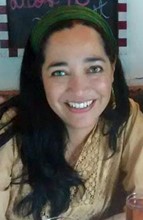
TREASURER
Marie-Yasmine Dechraoui Bottein (France)
Marie-Yasmine Dechraoui Bottein is a professor at the Université Côte d’Azur in Nice (France). She has extensive research and capacity building experience related to harmful algae, biotoxins, and marine science in general. She acquired this working 11 years for NOAA Coastal Environmental Health and Biomolecular Research in the USA, 7 years for the International Atomic Energy Agency (IAEA) Environment Laboratories in Monaco, and through provision of expertise for the Food and Agriculture Organization (FAO), the Intergovernmental Oceanographic Commission of UNESCO, and the French Agency for Food, Environmental and Occupational Health & Safety. She recently joined the Ecology and Conservation Science for Sustainable Seas (ECOSEAS) laboratory (CNRS- Université Côte d’Azur, Nice). Yasmine represented the IAEA at the IOC-UNESCO Intergovernmental Panel on Harmful Algal Blooms (IPHAB). She co-chairs the IPHAB task team on ciguatera for the implementation of an IAEA-WHO-FAO-IOC/UNECO Interagency Global Ciguatera Strategy.
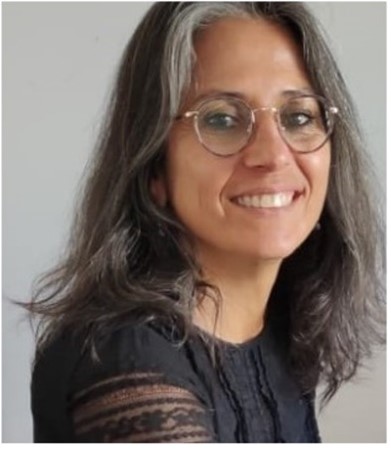
SECRETARY
Ingrid Sassenhagen (Germany)
Ingrid Sassenhagen is a researcher at the Institute for Baltic Sea Research in Warnemünde, Germany. She obtained her PhD from Lund University in Sweden and performed postdoctoral research at the Marine Science Institute, University of Texas at Austin (USA), the Laboratoire d’Océanologie et de Géosciences, Université du Littoral Côte d’Opale (France) and at the Department of Ecology and Genetics, Uppsala University (Sweden). Ingrid has worked both with freshwater and marine phytoplankton species including species such as Gambierdiscus caribeus, Gonyostomum semen, and different cyanobacteria. Her research focused in the past on intraspecific diversity, local adaptation, community composition and trophic interactions in microalgae. At IOW, Ingrid contributes to HAB monitoring in the Baltic Sea using in situ imaging technologies and amplicon sequencing. Furthermore, she investigates the impact of terrestrial and anthropogenic activities on phytoplankton communities in shallow coastal ocean waters.
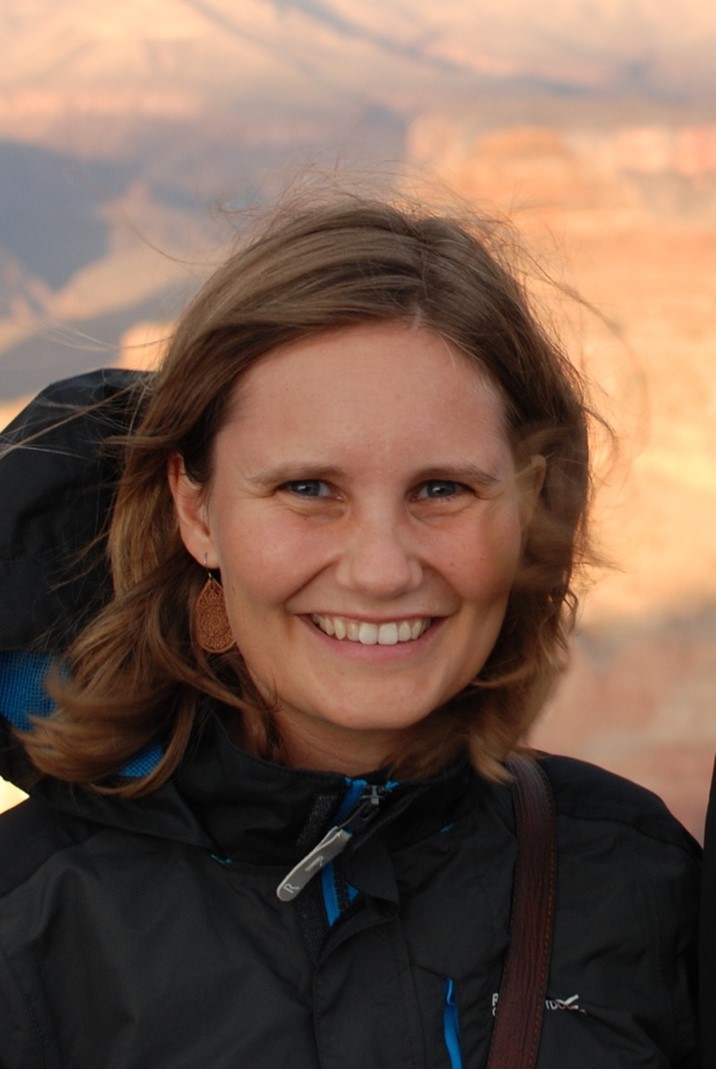
PAST PRESIDENT
Wayne Litaker (USA)

